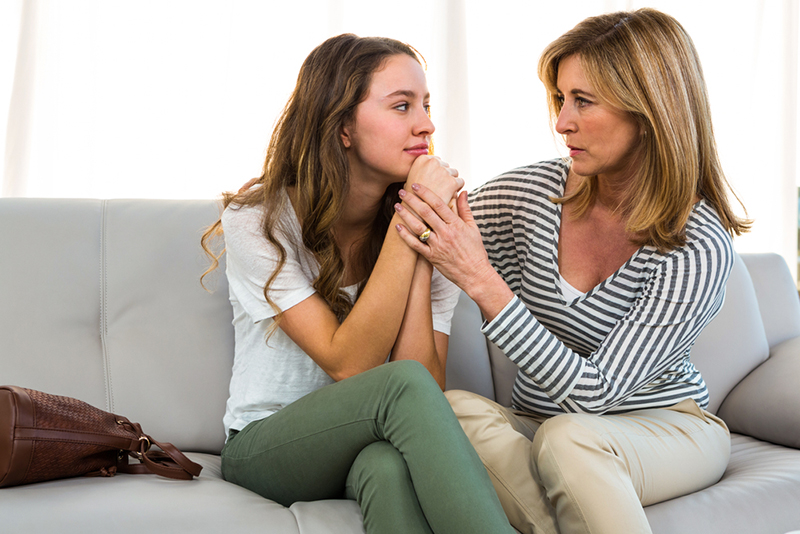The shockwave of the terror attack at Ariana Grande’s concert in the English city of Manchester is being felt around the world.
The terrifying incident has been covered extensively since the story first broke with distressing footage, audio and images shown across the globe.
Children watching the terrifying event unfold may have questions that aren’t so easy to answer. They may find the violence troubling especially given the targets were so young.
Many families have probably been wondering what they should say to their children.
Should I shield them from the news? Is it best just to turn the television off? Will the images they see traumatise them? Or should I tell my children exactly what’s happened?
Several psychologists have offered advice on how to help children process it and just how much you should tell your kids. House Call Doctor has gathered some of this information to help you make an informed decision on how to approach it in your household.
Talking is better than avoiding
Clinical psychologist Emma Citron, who specialises in children and trauma, told BBC News families shouldn’t shy away from talking about the tragic events in Manchester.
“Give children basic facts, tell them what it is they want to know, ask them what they would like to know and then give them access to that,” Ms Citron said.
“Support them and comfort them and be there for them. You should hug them, cry with them if they’re crying, just respond to how they’re responding emotionally.
“Take the lead from them – we need to know what it is they want answers to.”
Should I switch off?
It’s difficult to shield children from major world events when there’s news coverage 24 hours a day, 7 days a week. Even if they don’t see it on television, they might hear it on radio or people talking about it. There is of course also the internet.
According to Australian psychologist Doctor Fiona Martin, who specialises in child psychology, trying to hide what happened from your kids isn’t a good idea.
“It’s important for children to know what’s going on but for parents to explain it in a child-friendly manner,” Dr Martin told 7 News.
“They will go to school and their friends will be talking about this so they will find out one way or another. It’s important that we don’t pretend that it didn’t happen,” she said.
Doctor Bernadka Dubicka from the British Royal College of Psychiatrists agrees.
“Parents can’t shield children from these events completely,” Dr Dubicka told BBC News.
“The reality is that children and young people are bombarded by 24/7 news.
“Trying to hide the news isn’t helpful. This is because they’ll hear about it elsewhere and parents won’t then be there to take them through it.”
Tips from the experts
Professionals advise:
- Avoiding unnecessary details
- Limiting exposure to distressing images
- Using helpful phrases like ‘this is a very rare occurrence’
- Making sure kids feel safe and loved
- Talking to your children in an age-appropriate way.
Where can I get more information?
There are several articles circulating on the topic if you’d like to read more including:





